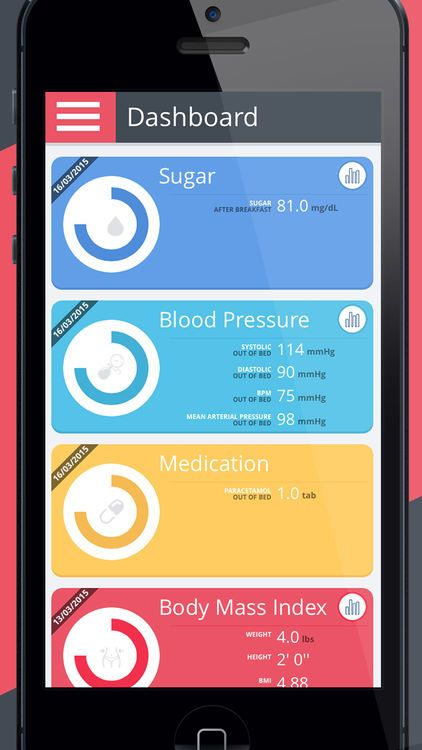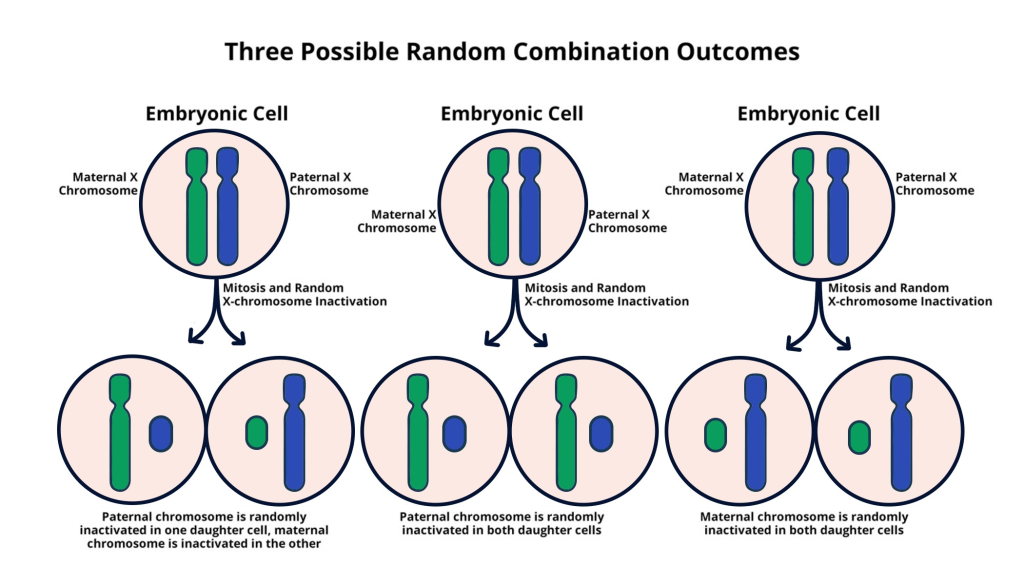
In today’s fast-paced world, personal healthcare apps are revolutionizing the way patients manage their health. These innovative tools provide tailored solutions, particularly for cancer patients, by leveraging AI healthcare technology to offer real-time support and medication adherence solutions. Such apps not only enhance the user experience through interactive features but also utilize adaptive intervention apps principles, enabling them to learn and adjust to individual needs. By fostering a connection between patients and caregivers, personal healthcare apps facilitate digital health coaching that can significantly improve health outcomes. As technology continues to advance, the potential of these applications to transform personal health management grows immensely.
When we talk about personal health management technology, we often refer to innovative applications designed for individual healthcare needs. These digital solutions are particularly crucial for chronic illness management, such as cancer treatment, where users require round-the-clock support. Using cutting-edge algorithms and AI healthcare advancements, these apps provide personalized guidance, ensuring patients adhere to their medication schedules through motivated prompts and real-time feedback. Furthermore, concepts like just-in-time adaptive interventions highlight how these platforms are evolving beyond traditional healthcare methods. Ultimately, these tools represent a new era in digital health, where co-created patient experiences and caregiver support intertwine to foster improved health management.
The Role of Personal Healthcare Apps in Cancer Care
In an era where treatment options for cancer are continually evolving, personal healthcare apps have emerged as essential tools for patient support. These apps utilize advanced algorithms to offer tailored assistance to cancer patients, particularly those undergoing stem cell transplantation, which is often accompanied by a daunting recovery process. By providing real-time data and feedback, these applications help patients manage their medication regimens more effectively, which is crucial considering that a significant percentage of cancer patients struggle with medication adherence due to side effects and emotional stress.
Moreover, the integration of AI healthcare technology into these apps allows for continuous learning and adaptation to the user’s needs. For instance, if a patient consistently misses medication reminders, the app can analyze the context and adjust its tactics—whether it’s changing the timing of notifications or suggesting motivational prompts. This targeted approach enhances user engagement and ultimately promotes better health outcomes.
Frequently Asked Questions
What are personal healthcare apps and how do they benefit cancer patients?
Personal healthcare apps are mobile applications designed to assist users in managing their health effectively. For cancer patients, these apps provide essential support during challenging recoveries, such as stem cell transplantation, by offering medication adherence solutions and personalized reminders. Such apps utilize AI healthcare technology, ensuring that patients receive timely and relevant notifications to help them adhere to their drug regimens and improve their overall health outcomes.
How do AI healthcare technology and adaptive intervention apps enhance medication adherence for patients?
AI healthcare technology, combined with adaptive intervention apps, significantly enhances medication adherence by personalizing support based on user behavior and needs. These apps learn from individual interactions and adapt their messaging to provide timely reminders about medication and health management. This ensures that patients receive motivational content when they need it most, ultimately leading to better adherence rates and improved health management.
What role do medication adherence solutions play in cancer patient care?
Medication adherence solutions are critical in cancer patient care, as studies show that over 70% of patients do not stick to their prescribed drug regimens. These solutions, often integrated into personal healthcare apps, send reminders and educational resources to patients, helping them manage complex medication schedules efficiently while minimizing the risk of side effects.
How can digital health coaching help patients manage their recovery post-surgery?
Digital health coaching, provided through specialized personal healthcare apps, offers patients tailored guidance and support during their recovery post-surgery. This coaching is based on real-time data and utilizes algorithms to adjust recommendations according to the patient’s evolving health status, helping them stay on track with their recovery goals.
What innovative features do personal healthcare apps for cancer patients include?
Innovative features in personal healthcare apps for cancer patients include real-time adaptive interventions, motivational messaging, and social support mechanisms, such as games designed to enhance collaboration between patients and caregivers. These features leverage AI to tailor experiences, responding dynamically to patients’ needs, making the app more engaging and effective.
How do personal healthcare apps utilize algorithms to support cancer patients?
Personal healthcare apps utilize sophisticated algorithms, such as reinforcement learning, to continuously learn from user interactions. These algorithms enable the apps to deliver personalized advice and reminders, enhancing the patient’s ability to manage their health conditions. By optimizing the timing and content of communication, these algorithms ensure that patients receive the most relevant support exactly when they need it.
What is the significance of just-in-time adaptive intervention in personal healthcare apps?
Just-in-time adaptive intervention is a critical feature of personal healthcare apps, particularly for cancer patients, as it tailors support to patients in real-time based on their circumstances. This personalized approach increases engagement and motivation by providing help at the precise moment it is needed, thereby improving adherence to treatment regimens and overall health outcomes.
Can personal healthcare apps assist caregivers of cancer patients?
Yes, personal healthcare apps can significantly assist caregivers of cancer patients by offering features designed to enhance communication and collaboration. These apps provide caregivers with crucial information about medication schedules, send reminders, and offer support tools to help manage the patient’s care, ultimately easing the burden on those responsible for medication adherence and health management.
| Key Feature | Description |
|---|---|
| Personalized Support | Apps utilize reinforcement learning algorithms for real-time personalized assistance. |
| Collaborative Care | Designed for cancer patients and their caregivers, facilitating real-time communication and reminders. |
| “Just-in-Time” Approach | Interventions are provided at crucial times, based on the user’s specific context and needs. |
| Innovative Trials | Clinical trials underway to test algorithms for cancer treatment and manage caregiver roles. |
| Broader Applicability | Methods are being adapted for various health issues, including cannabis use and dental hygiene. |
Summary
Personal healthcare apps are revolutionizing the way individuals manage their health by providing tailored support that adapts to their specific needs. These innovative applications leverage advanced algorithms to facilitate real-time feedback and encouragement, enhancing medication adherence and overall well-being. By focusing on personalized, context-relevant interventions, personal healthcare apps serve not only patients but also caregivers, creating a collaborative ecosystem that fosters better health outcomes. As technology continues to evolve, these digital supports are becoming essential tools in bridging the gap between medical recommendations and individual patient engagement.


